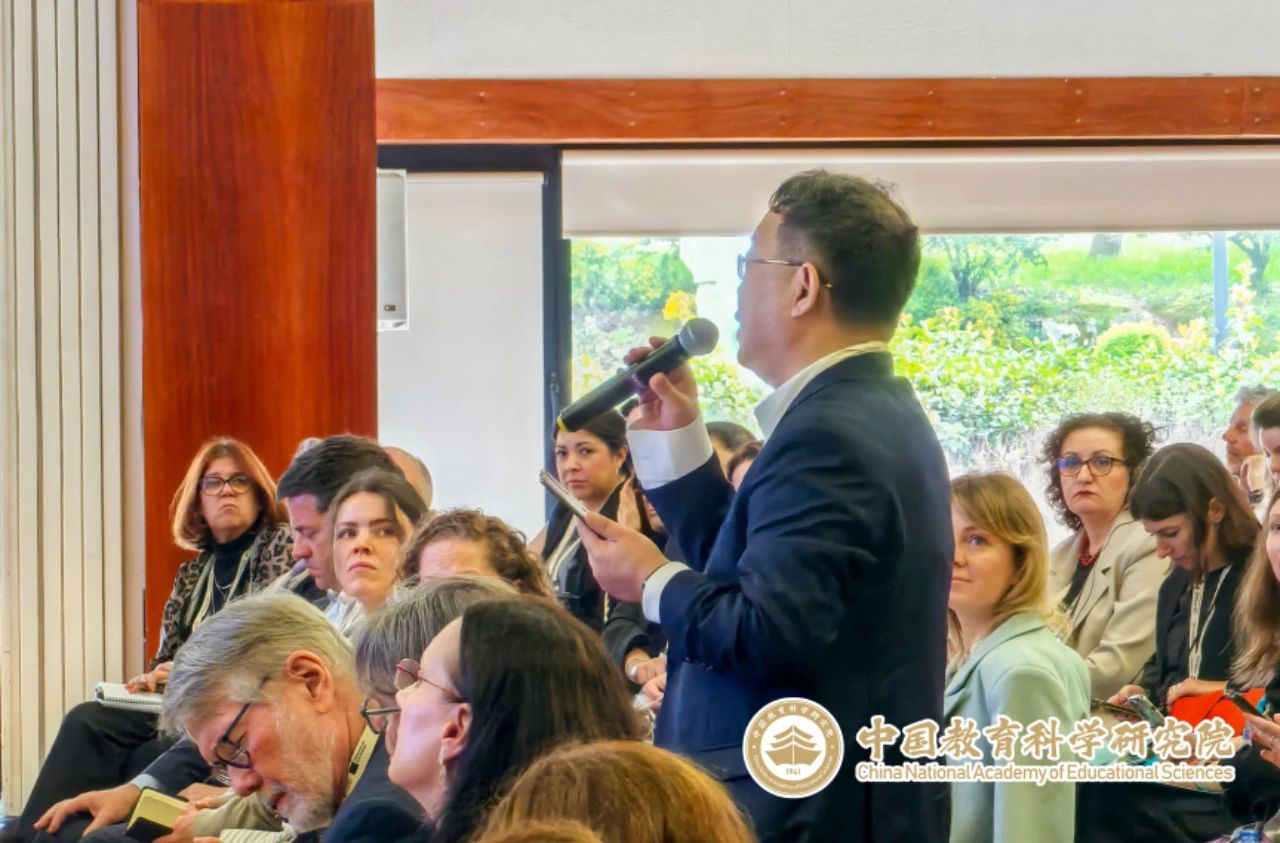On April 3, 2025, the 3rd global meeting of the OECD “Schools+” Network was held in Portugal. With the theme of “Unlocking High-Quality Teaching,” the meeting featured the launch of the Unlocking High-Quality Teaching research report by Andreas Schleicher, Director for Education and Skills at the OECD. The report highlights the importance of high-quality teaching in a rapidly changing era and proposes 5 key goals and 20 practical actions to support it. Drawing on case studies from over 150 schools across 40 countries, the report reveals the complexity and artistry of teaching, as well as the necessity of reflection and system improvement through collaboration.

The report points out that in an era characterized by rapid innovation and constant change, it is easy to focus on the latest trends or technologies that promise transformation. However, as evidenced by PISA assessments, a powerful—and perhaps even safer—approach to addressing stagnant student performance may lie in closely examining the current state of classroom practice and improving existing teaching methods.

The report identifies 5 key goals of high-quality teaching. (1)To ensure cognitive engagement. At its core, this means creating the conditions for students to invest sustained and meaningful effort, persist in understanding complex ideas, or solve challenging, unstructured problems. To achieve this, teachers must ensure an appropriate level of challenge, embed learning in meaningful contexts and real-world connections, promote first-hand experiences, use diverse methods and forms of expression, and cultivate students' meta-cognitive skills. (2)The development of high-quality subject content, which focuses on building deep understanding of subjects—from its core ideas and skills to a critical perspective on how these ideas and skills are applied. Teachers ensure the quality of subject content by carefully designing explanations and demonstrations, providing accurate and coherent information, making meaningful connections, and exploring the nature of the discipline. (3) Providing social and emotional support. This focuses on creating a supportive classroom atmosphere and fostering positive peer relationships that are conducive to learning. Teachers explicitly teach and nurture students’ social and emotional skills, while also offering opportunities for students to actively practice these skills. (4)To promote classroom interaction. Teachers foster high-quality interactions by asking and answering questions, organizing opportunities for student collaboration, and facilitating whole-class discussions. (5) The use of formative assessment and feedback. Teachers carefully assess and guide students' ongoing progress by setting learning goals, diagnosing student understanding, providing feedback, and adapting to students' thinking.

The report notes that these practices have a causal impact on both cognitive and non-cognitive outcomes for students. Building on this, there is a need for further research to understand which teaching practices are effective, where they are effective, why they are effective, for whom they are most effective, and under what conditions they have the greatest impact. This calls for a shift toward more evidence-informed teaching that truly translates scientific research into classroom practice. The field of educational research is also undergoing a paradigm shift—from a one-way approach that imposes research findings on schools and teachers, to a more complex and sustained model of two-way communication. Through collaborative interaction between teachers and researchers, this approach enhances the effectiveness of both scientific research and professional expertise, ensuring high-quality teaching.
The report emphasizes that high-quality teaching is not solely about teachers. Factors such as class size, curriculum design, and school culture also play important roles in enabling teachers to deliver high-quality instruction. It is essential to explore sustainable mechanisms that empower both schools and teachers. For example, by providing teachers with opportunities for professional collaboration, fostering a positive school culture, and using data and research to drive improvements, we can examine the complexity of individual practices from the perspectives of both teachers and the school context, thereby promoting the enhancement of teaching quality and transforming the education system.

CNAES is the lead organization for the OECD "Schools+" Network in China. At the invitation of the OECD, Li Yongzhi, President, CNAES, led a delegation to attend the report launch and related seminar activities.

